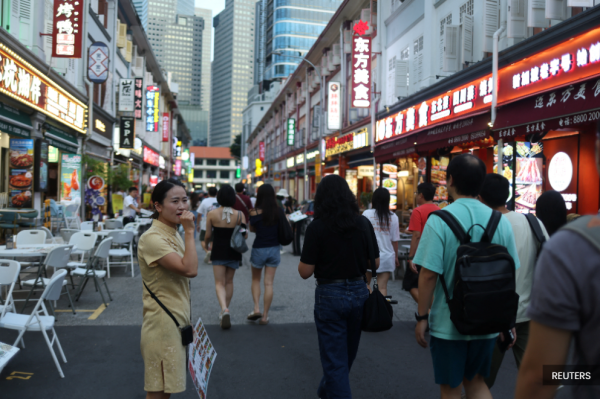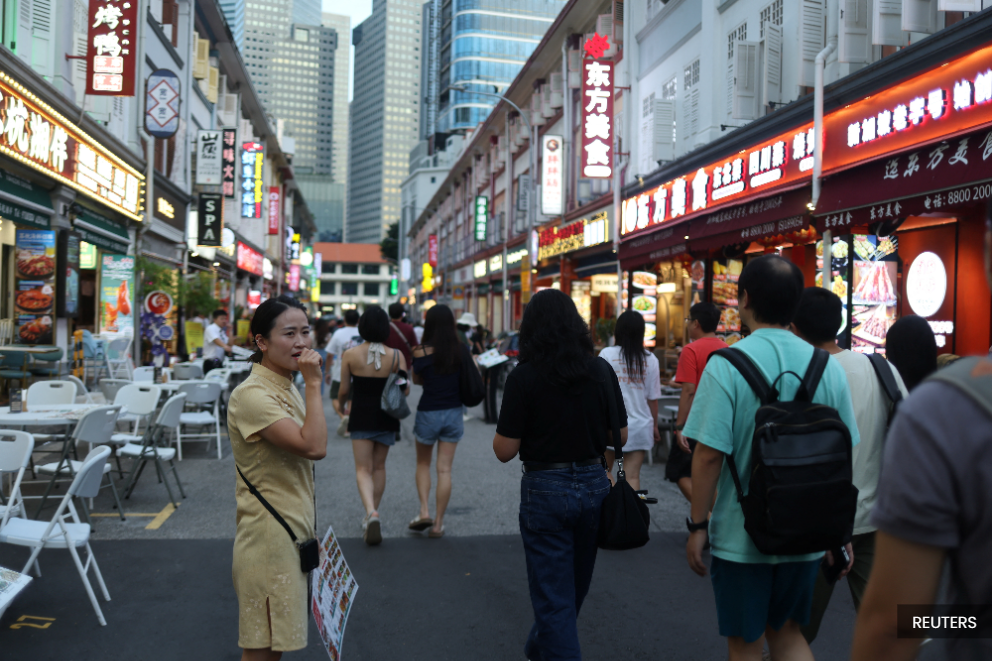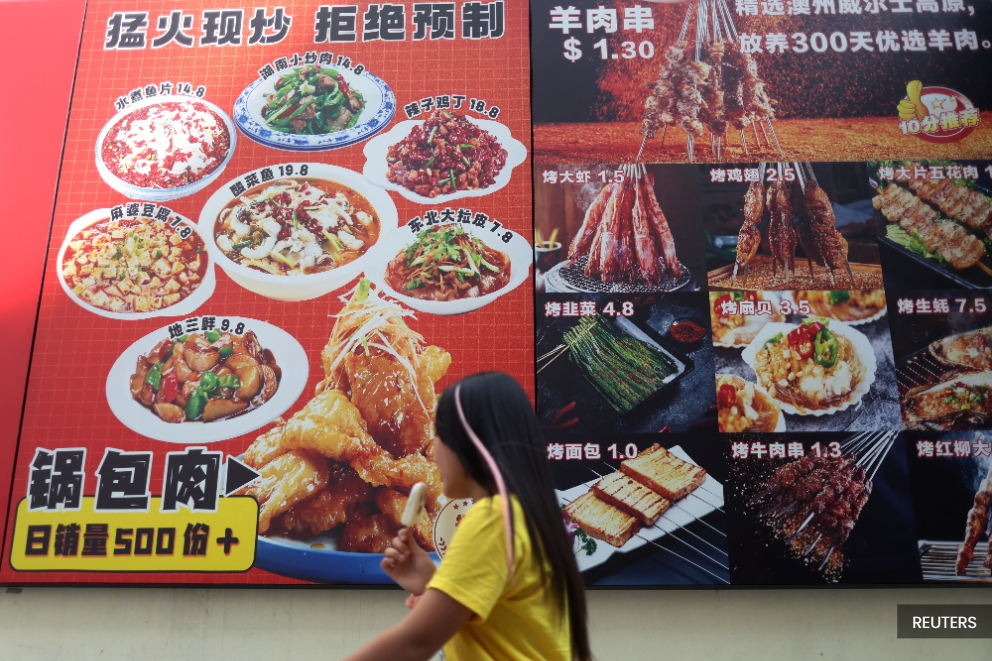SINGAPORE, Oct 13 — A record number of Chinese restaurants and cafes have flooded Singapore over the past year, using the island as a test bed for global expansion as they escape pallid consumer demand, extreme price competition and super-squeezed profit margins back home.
Well-known firms such as Luckin Coffee and bubble tea major Mixue joined hotpot and mala restaurant operators in the post-pandemic surge overseas, hoping to draw on the cachet of the internationally oriented city-state in a trend that industry experts and executives expect to accelerate.
"It's really tough to operate in China now, so many brands are choosing to expand abroad," said Josie Zhou, overseas general manager of Hunan cuisine restaurant Nong Geng Ji, which picked Singapore for the first stage of its global push.
Persistent price wars are forcing Chinese food and beverage firms to explore new growth models abroad, said Joanna Jia, Singapore manager of bubble tea chain ChaPanda, which opened two franchisee tearooms in the city in July and plans two more.
Weak demand has stifled growth in China since the end of Covid-19 lockdown almost three years ago. A long-time property market slump and US tariffs on Chinese goods have exacerbated price wars in sectors as varied as food and beverages, e-commerce and autos, intensifying deflationary pressure.
In going global, culturally similar Singapore has long acted as a stepping stone for Chinese firms and is a country keen to develop relationships with major economies including China at a time when the top economy, the US, is raising trade barriers.
About 85 Chinese food and beverage brands were operating around 405 outlets in Singapore as of August, more than double the 32 brands running 184 outlets in June last year, showed data from consultancy Momentum Works.
That record growth comes even as local operators including low-cost hawker stalls, mid-sized firms and even Michelin-star restaurants grapple with rising costs and lower consumer spending — just as firms do in China.
Officials at Chinese brands said they are confident of their Singapore prospects as they can draw on the lean business models and supply chain management that helped them survive at home.
"The Singapore market may be tough, but the mainland market is brutal — and they survived," said Maybank China economist Erica Tay.
Traditionally a bridge between Eastern and Western cultures, Singapore is an ideal gateway for expansion with its 6.1 million predominantly Chinese population, said officials at Chinese firms. It is also a wealthy, fashionable place so having a presence there is for good branding, they said.
"If we can build up our brand in Singapore, the brand awareness can go to Malaysia and Vietnam, even Indonesia," said ChaPanda's Jia.



